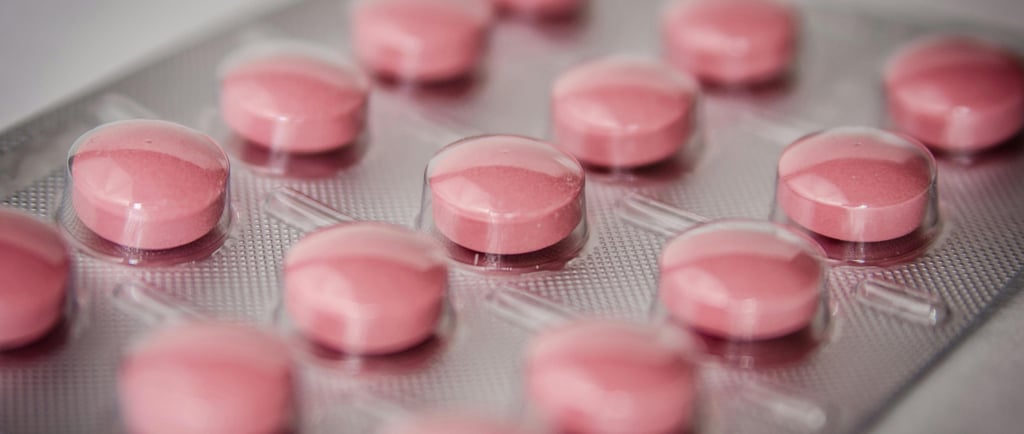Warfarin- All that you need to know
Warfarin related Information for patients


Warfarin: A Lifesaving Blood Thinner – What You Need to Know
As a doctor, I often see patients who are worried about taking Warfarin—a common blood thinner. It’s natural to have concerns, but when used correctly, Warfarin can be a lifesaving medication. I want to break down everything you need to know in simple, practical terms so you can take charge of your health with confidence.
What is Warfarin and Why is it Prescribed?
Warfarin is an anticoagulant (commonly called a blood thinner), which means it prevents harmful blood clots from forming. However, it does not actually “thin” the blood—it just makes it harder for clots to develop. It is commonly prescribed for:
Atrial Fibrillation (AFib): An irregular heart rhythm that increases stroke risk.
Deep Vein Thrombosis (DVT): Blood clots in the legs that can travel to the lungs.
Pulmonary Embolism (PE): A life-threatening condition where a clot blocks blood flow to the lungs.
Heart Valve Replacement: To prevent clots in artificial heart valves.
Certain Stroke and Heart Attack Patients: To reduce the risk of future clots.
A Quick Example From My Practice
I had a patient in his late 60s who suffered from atrial fibrillation. He initially hesitated to take Warfarin because of the need for frequent blood tests. However, after discussing the risks of untreated AFib—including a fivefold increase in stroke risk—he decided to start the medication. He was given a detailed awareness about the dietary modifications and possible interactions with medications. With regular monitoring, he has been doing great and leading an active life without complications.
Dietary Precautions While on Warfarin
Warfarin works by interfering with Vitamin K, which plays a key role in blood clotting. This means your diet should be consistent in Vitamin K intake to avoid fluctuations in your medication’s effectiveness.For more details click here
Foods to Eat in Moderation:
Leafy Greens (Spinach, Kale, Broccoli, Brussels sprouts)
Green Tea
Liver
Cabbage & Asparagus
What to Avoid:
Sudden drastic changes in Vitamin K intake
Alcohol (Excessive drinking can increase bleeding risk)
Cranberry juice & Grapefruit juice (They may increase Warfarin levels unpredictably)
Tips for a Balanced Diet:
Maintain consistency in your diet; don’t suddenly start eating a lot of greens if you weren’t before.
Eat a variety of fruits, vegetables, and lean proteins.
Stay hydrated and limit processed foods high in sodium.
Frequently Asked Questions (FAQs)
1. How do I know if my Warfarin dose is correct?
Your doctor will monitor your INR (International Normalized Ratio), a blood test that ensures your Warfarin levels are safe. Regular testing is crucial to avoid clotting or excessive bleeding.Your doctor is most likely keep a target between 2 and 3.
2. Can I take other medications with Warfarin?
Some medications, including pain relievers like ibuprofen or aspirin, certain antibiotics, and herbal supplements, can interfere with Warfarin. Always check with your doctor before adding new medications.
3. What are the signs of Warfarin overdose or underdose?
Too much Warfarin: Easy bruising, nosebleeds, blood in urine/stool, excessive bleeding from cuts.
Too little Warfarin: Can Increase the propensity of progression of clot resulting in swelling or pain in the legs (DVT), chest pain, shortness of breath (PE), or stroke-like symptoms.
4. Can I exercise while taking Warfarin?
Yes! Regular exercise is encouraged, but high-impact activities (such as contact sports) should be done cautiously to avoid injury.
5. What should I do if I miss a dose?
Take it as soon as you remember on the same day. If it’s the next day, skip the missed dose and take your usual dose. Never double up!
6. Can Warfarin be replaced with other medications?
Newer anticoagulants like Apixaban and Rivaroxaban require less monitoring, but they are not suitable for everyone. Speak with your doctor about whether these are an option for you.
7.I have made an increment in the dosages of warfarin since my INR was low. When should i re test the INR?
Wait at least 48 hours before testing INR after any dose adjustment, as testing earlier will not capture the full effect of the change.
Final Thoughts
Warfarin is a powerful medication that can prevent life-threatening clots, but it requires careful management. Regular monitoring, a consistent diet, and open communication with your doctor are key to staying safe.
💡 Doctor’s Tip: Keep a small notebook or use a medication tracking app to log your INR readings and Warfarin doses—it can help you stay on top of your treatment!
If you have any concerns or experience unusual symptoms, always seek medical advice.
👉 If you found this article helpful, share it with your loved ones who might benefit! Stay informed, stay safe, and take control of your health!
